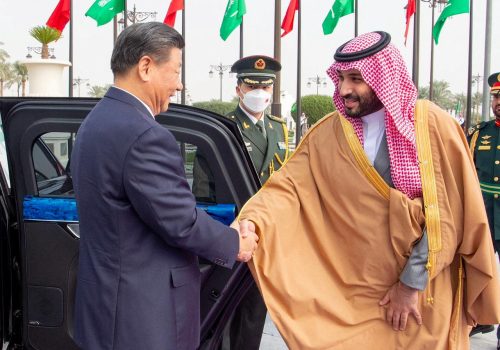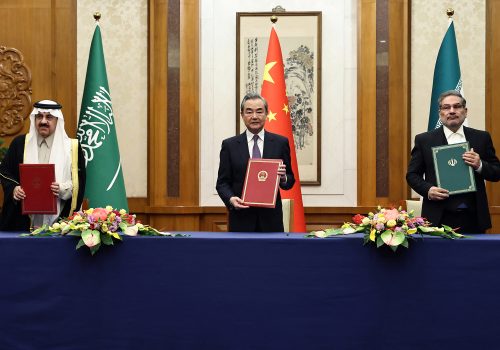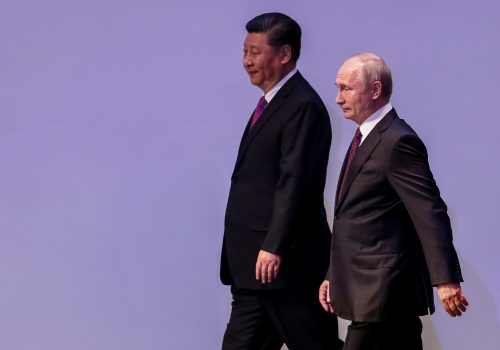China’s subsea-cable power in the Middle East and North Africa
In a new Scowcroft Middle East Security Initiative issue brief, “China’s subsea-cable power in the Middle East and North Africa,” Aluf analyzes China’s campaign to make countries in the region more dependent on Chinese networks, while reducing its own dependence on foreign cables. For a country that seeks to alter the internet’s physical form and influence digital behavior while exerting supreme control over information flows, China’s growing presence in the Middle East and North Africa’s cable industry is significant because Beijing has the power to shape the route of global internet traffic by determining when, where, and how to build cables.
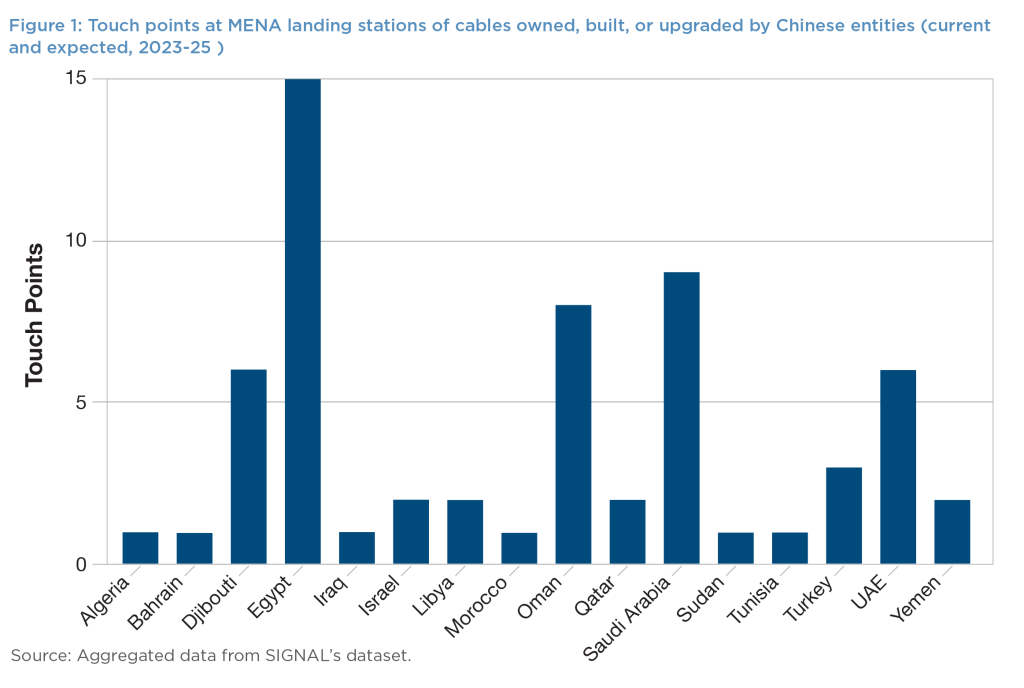
About the author

Dale Aluf
Director of Research
Sino-Israel Global Network & Academic Leadership (SIGNAL)
Aluf leads SIGNAL’s interdisciplinary research team, developing in-depth knowledge and theories for policy practitioners working in the sphere of Sino-Israeli relations. Aluf has been a Visiting Fellow at the Intellisia Institute in Guangzhou, China, where he researched China’s Belt & Road Initiative, the Digital Silk Road, and social science perspectives on Artificial Intelligence. His areas of expertise include Chinese foreign policy, China-Middle East relations, the geopolitics of technology, cross-cultural analysis, and political psychology.

The Scowcroft Middle East Security Initiative (SMESI) provides policymakers fresh insights into core US national security interests by leveraging its expertise, networks, and on-the-ground programs to develop unique and holistic assessments on the future of the most pressing strategic, political, and security challenges and opportunities in the Middle East.
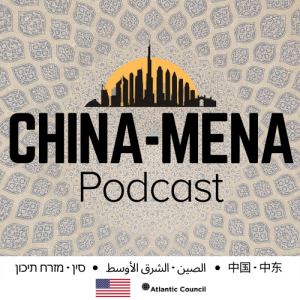
Podcast series
Listen to the latest episode of the China-MENA podcast, featuring conversations with academics, government leaders, and the policy community on China’s role in the Middle East.
Related content
Image: Workers install the 2Africa undersea cable on the beach in Amanzimtoti, South Africa, February 7, 2023. REUTERS/Rogan Ward
